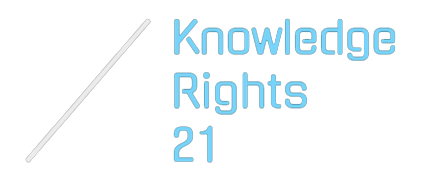Brown University and Emory University, both participants in the Mellon Foundation’s Digital Monographs Initiative (DMI), held a virtual summit in April, 2021 to examine 8 projects funded by Mellon as case studies of a reimagined monograph. Last month they issued a report, “Multimodal Digital Monographs: Content, Collaboration, Community” that brings together the purpose of the project and an examination of ways forward to make digital scholarly publishing more inclusive and accessible, based on presentations of case studies of 8 open access multimodal digital monographs looking at:
- author considerations,
- acquisitions considerations,
- production considerations, and
- post-production considerations.
The Expanding Pathways section summarizes lessons from each of the 8 projects, such as the interplay of text and multimedia, ethical implications of humanities research, powerful outcomes of university press and university collaborations, and the communication and collegiality demanded by iterative/collaborative publishing workflows. It also examines the beginnings of and the challenges ahead of developing digital scholarship that is accessible equitable, inclusive and intersectional.
“We need to keep putting pressure on what it means for humanities scholarship to be open, to be digital, to be public.”
The report never defines “multimodal” and it is itself a combination of flat text and still image. But browsing through 4 of the 8 projects that have been published, one experiences some of the ways it is manifested. Text is augmented by still and animated image, audio, video and interactive maps. The topics covered by the projects, from Black religious politics to feral Anthropocene ecosystems and sacred vernacular songbooks, among others, showcase an inclusive and intersectional approach to digital scholarship. As I Remember It: Teachings (Ɂəms tɑɁɑw) from the Life of a Sliammon Elder sets expectations for engagement with the digital monograph by presenting its “Protocol for Being a Respectful Guest” upon entry. Multimodal Digital Monographs exhibits a community approach to digital scholarship by bringing together and representing practitioners from many roles. The report is a worthy contribution to the discipline.


